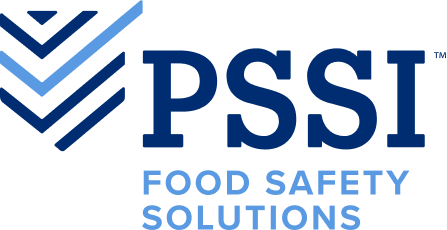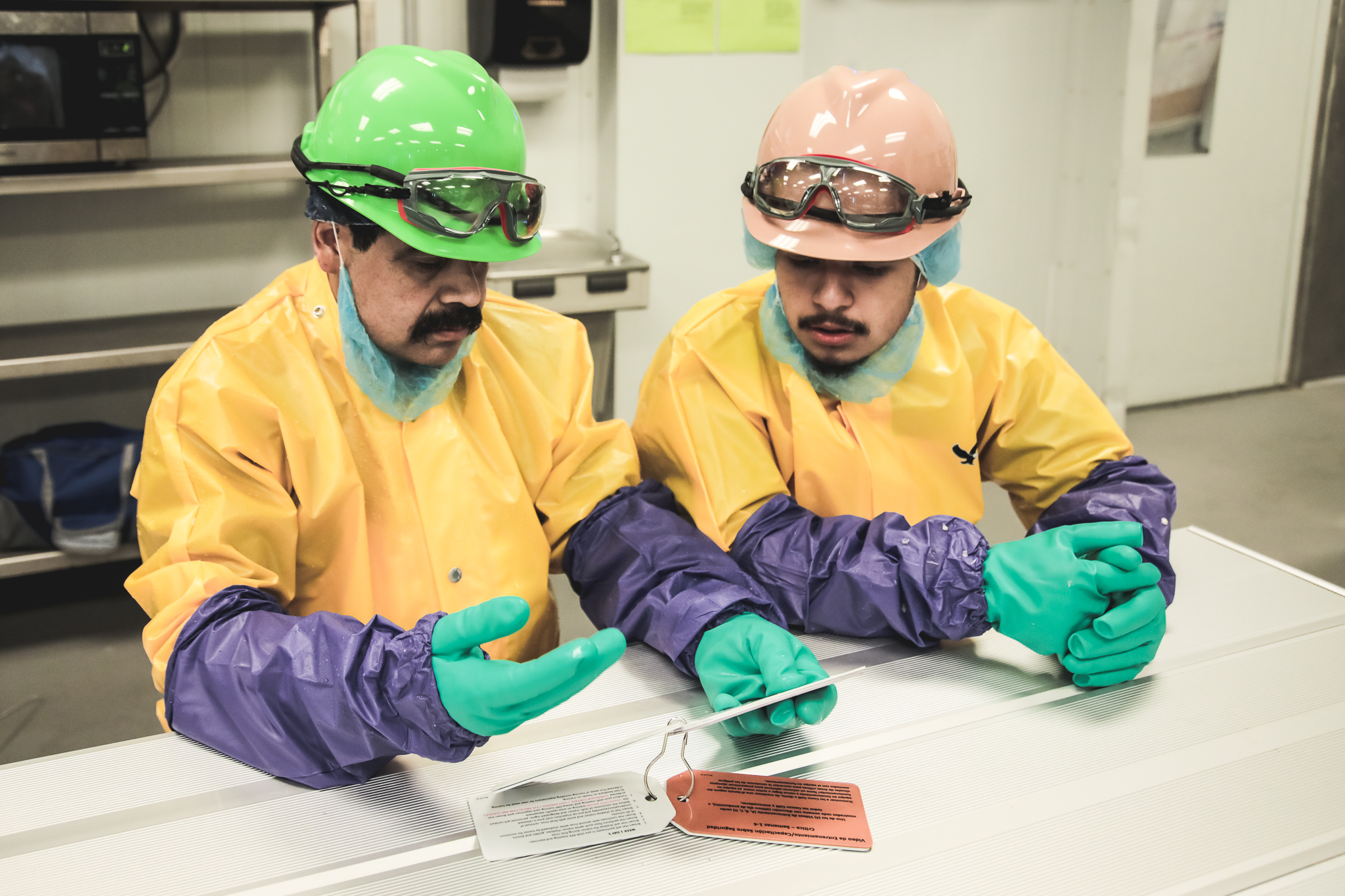It seems that every business in the country is experiencing the pain of being short-staffed and the challenges of finding new employees in the current hiring climate. Being understaffed is a wide-spread issue, but it’s especially detrimental to the food processing industry. Without proper staffing, gaps in a food safety program could quickly elevate and become risks that could affect your business and the safety of your employees and consumers.
While employers search for new hires, current employees are being stretched to compensate and do extra work. This can be okay on a temporary basis, but when an employee feels they have a never-ending list of tasks, are working extra hours, and are physically exhausted, their levels of stress and fatigue will rise and they will be more prone to workplace injuries.
Another negative effect of being short-staffed is employee turnover. Turnover rates increase when overwhelmed team members quit their jobs rather than keep up with significant workloads at the same pay rate. Also, new hires who are rushed through training or begin working without an onboarding and training program are more likely to quit or get hurt on the job, which will not only cost the company more money, it will land the team right back where they started– being short-staffed and stressed.
Once you find qualified employees, retaining them is crucial, especially in today’s hiring climate. PSSI has developed a set of onboarding and training programs to welcome new employees to the team and set them up for on-the-job success. Those programs, built on our foundational, family-like, and safety-first culture will help retain team members for the long haul.
1. Hire the right people by guarding your front door.
Hiring is a huge investment of time and money when it comes to recruiting and training costs for just a few weeks of work. This is why we at PSSI invest in the right hires from the start. By communicating expectations and being transparent about the nature of the job, we set up new hires for success on their first day. As a result, we avoid surprises which helps us count on them returning to work the following days.
2. Enhance your onboarding and training experiences.
A proper onboarding experience at PSSI involves giving our team members a positive first impression. We provide a structured, 30-day training program that will start new hires off with the skills and tools they need to succeed. They are assigned a personal trainer to help mentor them and ensure they are working safely. Managers must create a family-oriented culture by showing appreciation.
3. Managers must create a family-oriented culture by showing appreciation.
Employees want to feel like they are a part of a team. Just like in a family, they want to feel connected and valued. At PSSI, we train our managers to have an open-door culture where any team member can talk to them about issues. In fact, our safety program encourages it when it comes to hazards. Just like family members, our team members look out for each other and report potential hazards or safety issues that could cause injuries. Mangers regularly recognize and show appreciation towards their teams for working safely by hosting celebrations, providing meals, giving away prizes and thanking them for their hard work.
4. Develop your employees through career-pathing.
Talking to your new hires about their future goals with the company will help create a sense of loyalty with the company and boost retention. When they can visualize themselves advancing their career knowing they have the support, training, mentorship, and education they need to grow, they will likely be an engaged and committed team member. Click here to learn more about PSSI’s employee development programs.
The challenges associated with finding employees in today’s hiring climate can be overwhelming, but by focusing on hiring the right people, enhancing your onboarding experience and showing appreciation to your team members, you can build a loyal, committed, and sustainable team.

